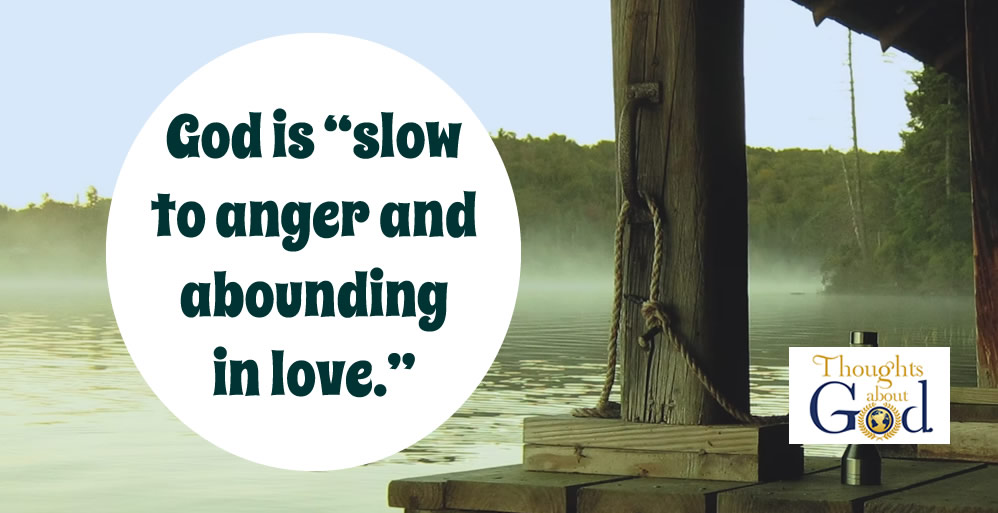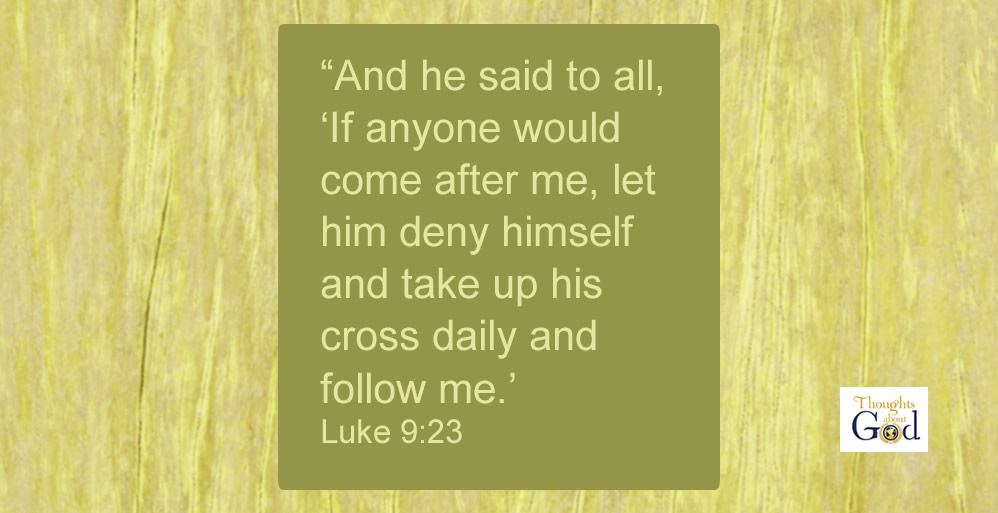“Therefore, as we have opportunity, let us do good to all people, especially to those who belong to the family of believers.” Galatians 6:10
Division and discord feel as rampant as ever, and nowhere is that more evident than in social media. Snark and sarcasm have become weapons of choice, wielded to belittle those who hold opposing views. As polarization seems to grow, it’s extremely difficult not to view the “other side” as the enemy.
Reading a verse like Galatians 6:10 in this context makes me react as if I’ve just been administered smelling salts. Do good to everyone? Even the person whose worldview or political position feels like a threat?
Yes, Paul says, especially if that person shares in the familial blood of Christ.
The phrase “as we have opportunity,” echoes similar sentiments throughout the New Testament, all conveying the truth that, until Jesus returns, we live in an age where “we must work the works of him who sent me [Jesus]” (John 9:4). Hebrews calls this time “today” (Hebrews 3:7-4:13).
In other words, this is an age of opportunity. God designed it as such. He has good works for us, his people, to accomplish — works that build his coming Kingdom by showing and telling his love through Christ, and that offer a taste of that Kingdom with the wonderful, familial unity in diversity that will be one of its hallmarks.
Kind words, service, encouragement, mercy, honor, care, blessing — the opportunity for such good done to all others knocks at every moment. Even on social media. Will you answer in love?
Lord Jesus, forgive me for the many times I’ve treated another person as my enemy, especially when they are a brother or sister in Christ. Every human being is made in your image, and your love extends to every one of us. Open my eyes that I might see the many opportunities to do good that you give, and empower me by your Spirit to boldly walk in them, no matter who is on the receiving end. Amen.
By Jason Weimer
Used by Permission
FURTHER READING
Forgiveness is Good for Your Health
What Do You Want Jesus to Say?
The Trust Factor
Harsh Judgments Can Kill One’s Spirit
Learn more about knowing Jesus at: https://thoughts-about-god.com/four-laws/















